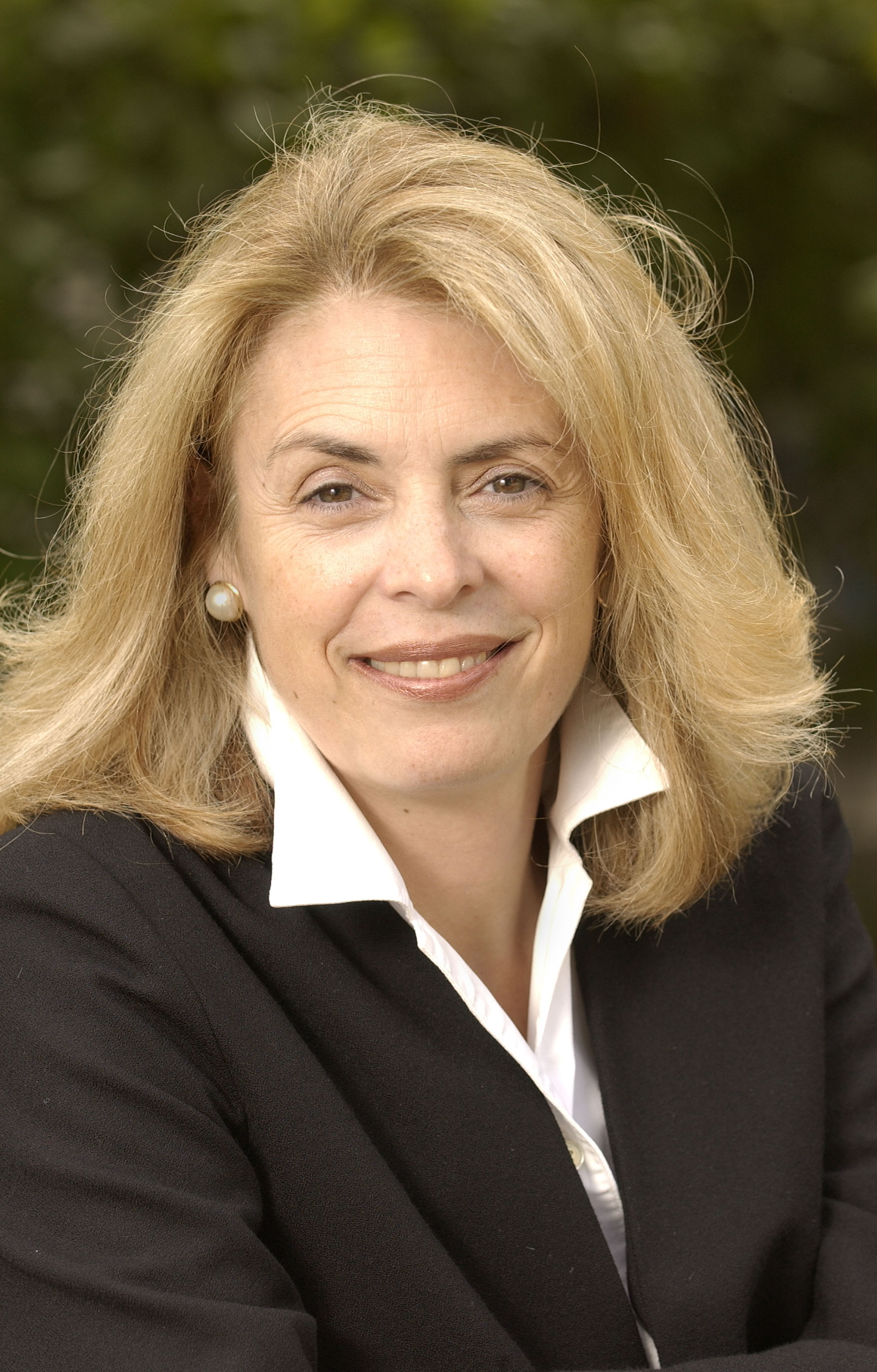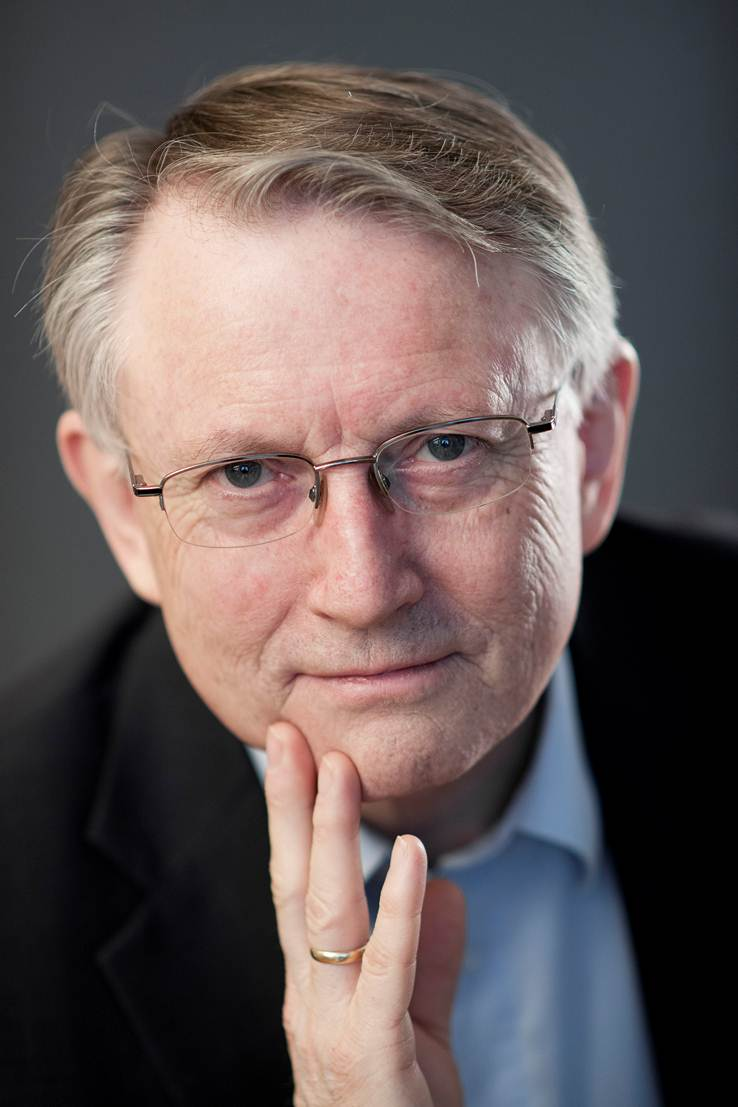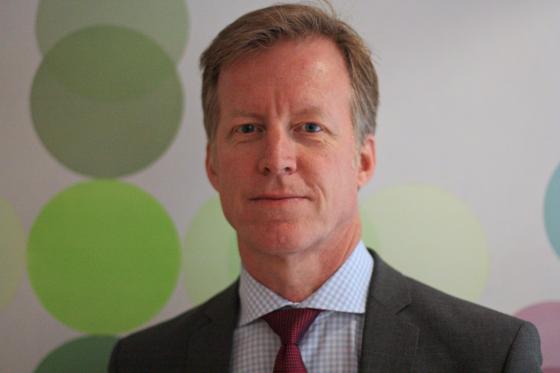"Gender perspectives give an advantage in EU applications"
“If Norwegian researchers do a better job of fulfilling the EU requirements on gender perspectives in research, they will have a competitive advantage in Horizon 2020,” says Curt Rice.
“When the new requirements on gender perspectives and gender balance in the EU came out, the thought struck me that we need to take advantage of this so that we can both raise the level of research and at the same time improve the Norwegian researchers’ competitive advantage in the EU’s research programme,” says Rice, a professor at UiT – The Arctic University of Norway and chair of the Committee for Gender Balance and Diversity in Research (the KIF Committee).
The Research Council and the KIF Committee are organising a joint conference called EnGendering Excellence, to be held on 4–5 June 2015.
One of the conference goals is to make Norwegian researchers more aware of the new requirements in the EU’s research programme, Horizon 2020. The requirements cover everything from gender-balanced research teams to gender perspectives in the projects.
“We want to make researchers more aware of the gender requirements in Horizon 2020. The Research Council and the KIF Committee want researchers to be familiar with the new requirements and understand that this may actually be a competitive advantage for Norwegian researchers who apply for EU funding,” he says.
Among the presenters is Máire Geoghegan-Quinn, the former EU Commissioner for Research, Innovation and Science, who will talk about the motivation for implementing the requirements on gender equality and gender perspectives.
“It was actually Geoghegan-Quinn who set the whole thing in motion. Geoghegan-Quinn was the Commissioner when the requirements for Horizon 2020 were formulated. It was her leadership that made it possible to introduce the requirements on gender balance in research groups and gender perspectives in research,” explains Rice.
“Our focus on 4–5 June will be on gender perspectives in research. Máire Geoghegan-Quinn will talk about the background for the requirement, why she gave it priority, and what she hopes it will lead to.”

“Gender perspectives are needed in more fields”
Another main goal of the conference is to encourage researchers to incorporate gender perspectives into their own research.
“By showing good examples of gender perspectives in everything from medical research to research on climate change, we want to inspire researchers to incorporate these perspectives into their research,” says Rice.
“The worst thing about academic life is listening to bad lectures. We’ve invited researchers at the level of TED talks to speak at this conference,” says Rice.
He says that the speakers have been chosen not only on the basis of academic excellence, but also on their high profile as researchers and their exceptional ability to convey information about their fields.
Here are a few of the conference presenters:
- C. Noel Bairey Merz, a professor of medicine, who has found differences between women and men with regard to cardiovascular diseases.
- Jeffrey Mogil, a professor of psychology, who has discovered that rats and mice react differently depending on whether the researchers are women or men.
- Gotelind Alber, a physics researcher, who studies gender and climate change.
- Londa Schiebinger, a professor of the history of science who is responsible for a large collaborative project between the EU and the US called Gendered Innovations. She gives examples of how gender perspectives in research improve the quality of the projects.
“It’s critical for us that this conference has presenters who use gender perspectives in their respective fields, not just speakers who talk about the EU requirements,” emphasizes Rice.
A conference for researchers, managers and administrators
“I hope the conference attracts medical researchers, researchers from engineering, design, public transport and several other fields. Gender can be important in many fields, partly because men and women have different needs in certain areas of society,” says Rice.

However, the committee chair thinks it is just as important that people who work with research administration, both centrally within the institutions and at the faculty level, participate in the conference.
“The target group for this conference is researchers and everyone who has contact with researchers.”
According to Rice, it is important that employees in research administration also know about the requirements, understand what they mean, and can explain the requirements to researchers at their respective institutions.
“The new Horizon 2020 requirements apply to numerous areas, and are a part of the entire application assessment process,” he explains.
Better EU applications from Norwegian researchers?
The conference in June will also include a policy discussion with university rectors and the Director General of the Research Council, Arvid Hallén.
“It will be exciting to hear how the research sector is addressing this issue and how the institutions will use the new gender requirements to make them better and give them a competitive advantage in the EU,” says Rice.
Translated by Connie Stultz.
Welcome to a high-level conference on why and how sex and gender analysis is fundamental for engendering excellence in many research fields. Sex and gender refer to biological characteristics and social/cultural factors, respectively. Recognizing gender differences has important implications for scientific knowledge.
Gender is a cross-cutting issue in Horizon 2020. The gender dimension is explicitly integrated into several topics across all sections of the programme.
The conference is cohosted by The Research Council and The Committee for Gender Balance and Diversity in Research.
- June 4: Perspectives and experiences by national and Nordic researchers.
- June 5: Distinguished international researchers will present why sex/gender analysis is crucial for the quality of their research.

